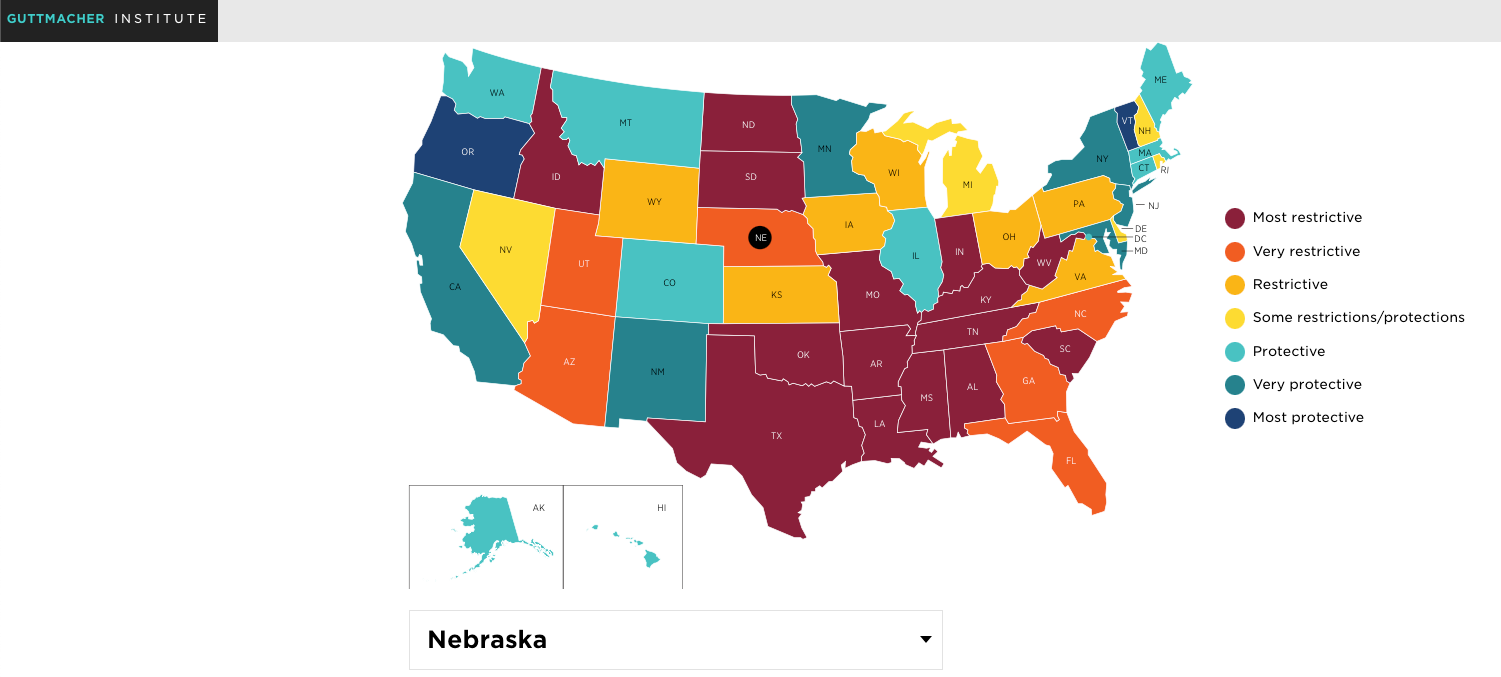In a world where reproductive choices are deeply personal and often accompanied by a range of emotions, seeking information is crucial. Abortion, being one of the most debated and sensitive topics, generates numerous questions.
In this blog, our aim is to provide clear and unbiased answers to the top five questions asked about abortion, understanding the importance of informed decision-making, and the complexities surrounding this deeply personal choice.
What Are the Different Types of Abortion?
There are two categories of abortion: medical and surgical. Abortion procedures vary depending on the gestational age of the pregnancy.
In the early stages, medication abortion is commonly used, involving the use of medications to terminate the pregnancy. The primary medical abortions are RU486 (abortion pill) and Online Abortion Pill (Plan C).
Surgical abortion is another option, which may be performed in any trimester, depending on the state where it’s performed. Suction Aspiration and Dilation and Evacuation (D&E) are the main kinds of surgical abortion. To learn more about these different types, please read our blog:
Abortion...Before You Decide.
How Safe is an Abortion?
Any medical or surgical procedure has potential risks. Some risks with an abortion include heavy bleeding, cramping, nausea, infection, tissue retention from an incomplete procedure, and an inability to carry future pregnancies in the case of organ damage.
Is Abortion Legal?
Abortion laws differ worldwide and can vary regionally within countries. Currently, in the United States, since the Supreme Court overturned Roe v. Wade in 2022, states can now regulate abortion. Because of this, each state has different laws and regulations.
In many states, abortion is lawful within defined gestational limits and under particular circumstances. The Guttmacher Institute has an
interactive map that provides information on each state's regulations.
Are There Emotional Risks With an Abortion?
As with any significant life event, the impact on a person can differ significantly. There may be enduring emotional, relational, or mental health effects from an abortion. Some women connect clinical depression and anxiety, substance use, alcohol abuse, suicidal thoughts or behaviors, and PTSD (post-traumatic stress disorder) to their abortion experience.
Scientific evidence points to a higher likelihood of negative psychological outcomes compared to either miscarriage or carrying an unexpected pregnancy to term. Specific research suggests that couples who choose abortion may encounter relationship issues associated with the procedure.
How Can I Make an Informed Decision About Abortion?
Making an informed decision about abortion involves gathering accurate information, considering personal values and circumstances, and consulting with healthcare professionals.
It's crucial to seek support from reliable sources, such as healthcare providers and counselors, that prioritize providing information and guidance to empower individuals to make decisions that align with their unique situations.
We understand the decision concerning abortion is complex and personal. If you or a loved one are facing this decision, we want you to know we’re here for you.
Even in the midst of what can be a scary situation, you deserve to allow yourself time to gather as much information as possible to figure out what your next best step may look like. At Collage, we care about your mental and physical health, which is why we offer free resources and services to help you feel supported and informed.
Contact us today to schedule your free, confidential appointment in Kearney or Grand Island.
Looking for more information on Abortion? Check out more of our blogs:






